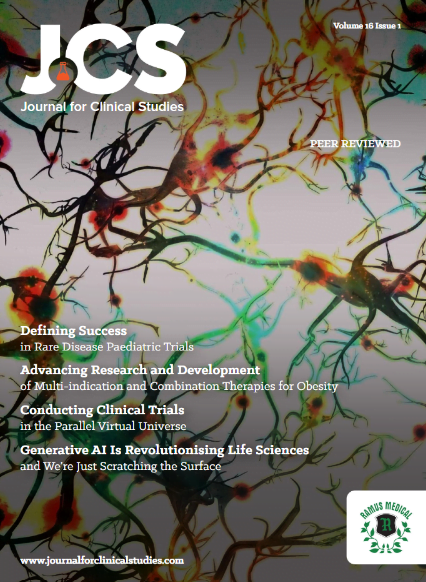- An experimental biologic drug appeared to substantially delay the development of Type 1 diabetes in people at high risk for the chronic condition, surprising results from a small study run by the National Institutes of Health showed.
- The finding, which was published Monday in the New England Journal of Medicine, is noteworthy, supporting an idea first advanced four decades ago that led researchers to reconsider how Type 1 diabetes progresses.
- “The results of this trial are striking, with several caveats,” wrote two NEJM editors in a related editorial, cautioning against interpreting the study as evidence immune modulation could be potentially curative.
Type 1 diabetes is now considered an autoimmune condition, spurred by the destruction of insulin-producing beta cells in the pancreas.
That understanding of the disease, which affects more than 1 million Americans, emerged after research pointed to the immune system as a culprit in the cellular attacks.
Results from the Phase 2 study presented Monday support that hypothesis and offer a potential approach to delaying or potentially preventing disease progression.
In the trial, 76 participants at risk of developing Type 1 diabetes were given either teplizumab, an immune-targeting biologic drug, or placebo. All were relatives of people with the disease and had to have two or more-diabetes-related autoantibodies detected by testing prior to enrollment in the study.
Nineteen of the 44 individuals given teplizumab went on to become diabetic, compared to 23 of the 32 who received placebo. But the median time to diagnosis of Type 1 diabetes — the study’s primary goal — was significantly delayed: just over 48 months in the treatment group versus 24 months in the placebo cohort.
Annualized rates of diabetes diagnosis were 14.9% and 35.9%, respectively.
The preventive benefit of treatment was greatest in the first year following treatment, which study researchers said reflects the very high risk of disease progression among children who tested positive for autoantibodies.
The study, though, was small, and researchers acknowledged it’s unclear if the benefit observed would also apply to patients without first-degree relatives who have diabetes.
“Although the trial showed a marked delay in the onset of overt diabetes, the results should not be taken to imply that immune modulation constitutes a potential curative approach,” the two NEJM editors wrote in an editorial also published Monday.
“Rather, these data provide strong albeit indirect evidence about the pathogenesis of beta-cell destruction and the potential to modify the course of Type 1 diabetes with newer biologic agents.”
Treatment with teplizumab, which works by reducing attacks by lymphocytes on beta cells, led to low lymphocyte counts, but no increased rate of infection was observed compared to placebo-treated patients.
Teplizumab’s path to this result was a long one.
Originally developed by MacroGenics, the drug was licensed to Eli Lilly in 2007. A Phase 3 study of teplizumab in diabetes patients with recent-onset disease failed in 2010, and Lilly handed back its rights to the drug to MacroGenics.
Then, last spring, New Jersey-based Provention Bio reached a deal with MacroGenics to acquire the rights to the drug, betting on its potential to halt immune attacks on beta levels.
Results from the NIH-sponsored Phase 2 study validate — at least for now — that decision. Shares in Provention more than quadrupled in value Monday, rising from Friday’s closing price of $4.35 per share to near $20 per share at one point in morning trading.
Provention said in a statement it would evaluate a regulatory path forward for the drug, which entered Phase 3 testing among newly-diagnosed Type 1 diabetes in April.















